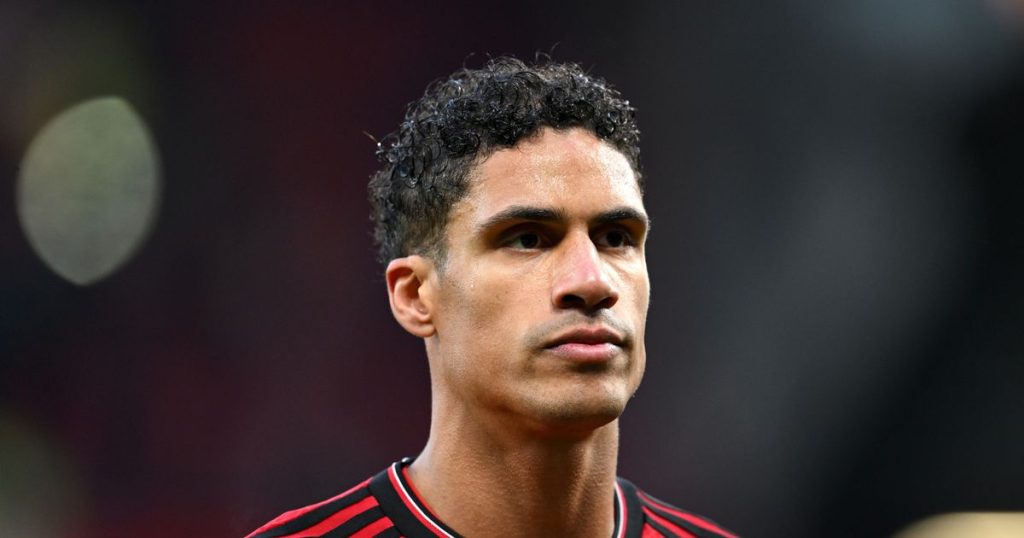Manchester United defender Raphael Varane recently spoke out about his experiences with multiple concussions while playing football, encouraging other players to not be afraid to report any adverse effects. This has led to a greater awareness of the dangers of concussions and brain injuries in football, which is important for the long-term welfare of players. The Professional Footballers’ Association has a Brain Health team that educates players about the risks of head injuries and provides support to those affected. Former players and their families are also actively involved in raising awareness, including daughters of players who died from Chronic Traumatic Encephalopathy.
Dr. Adam White, who leads the Brain Health team, emphasized the collective responsibility of players, management staff, and medical teams to prioritize the health and well-being of players. The team provides education on brain health, concussion protocols, and the risks of conditions like CTE associated with playing football. The PFA has co-funded studies that revealed former professional footballers have a higher risk of neurodegenerative diseases than the general population. To address these issues, the PFA is advocating for the introduction of temporary concussion substitutions and reduced heading frequency in training sessions.
Players are now being advised to limit the number of high-intensity headers in training to reduce the risk of head injuries. Varane’s personal experience has prompted him to discourage his seven-year-old son from heading the ball in order to protect his brain health. The Brain Health team’s efforts are focused on creating a safer environment for players at all levels of the game and raising awareness about the long-term consequences of head injuries. Additionally, the PFA is calling for changes in the current concussion substitution rules to better protect players and prevent potential long-term health issues.
The culture of football is slowly changing to prioritize player safety and well-being, with increased awareness of the risks associated with head injuries. Prominent players like Varane are instrumental in driving this cultural shift and encouraging others to speak out about their experiences. By working together, football stakeholders can implement measures to protect players from the long-term effects of head injuries. The Brain Health team continues to provide valuable education and support to players, ensuring that their health remains a top priority in the sport.
The introduction of temporary concussion substitutions and guidelines on heading frequencies in training are positive steps towards improving player safety in football. By acknowledging and addressing the risks associated with head injuries, the football community can create a safer playing environment for current and future players. The advocacy efforts of organizations like the PFA and dedicated individuals like Varane play a crucial role in raising awareness and implementing changes to protect the health and well-being of football players. It is essential that these initiatives continue to evolve in order to safeguard the future of the sport and its participants.


